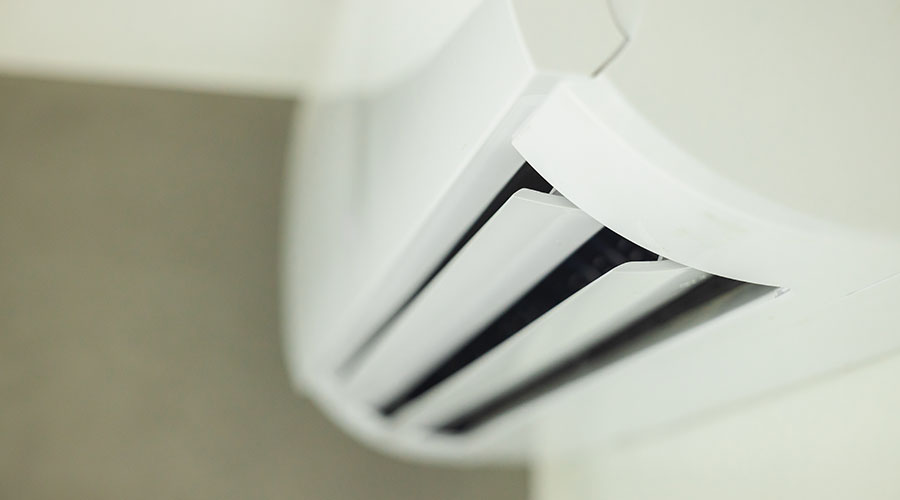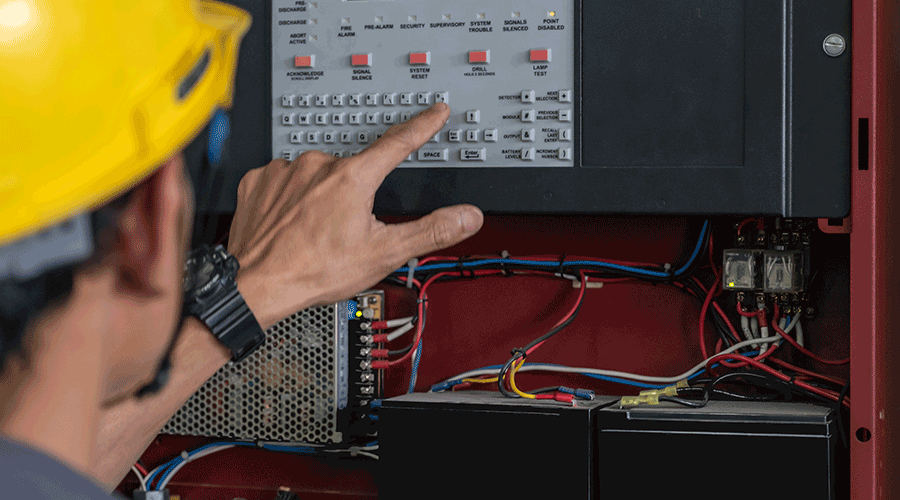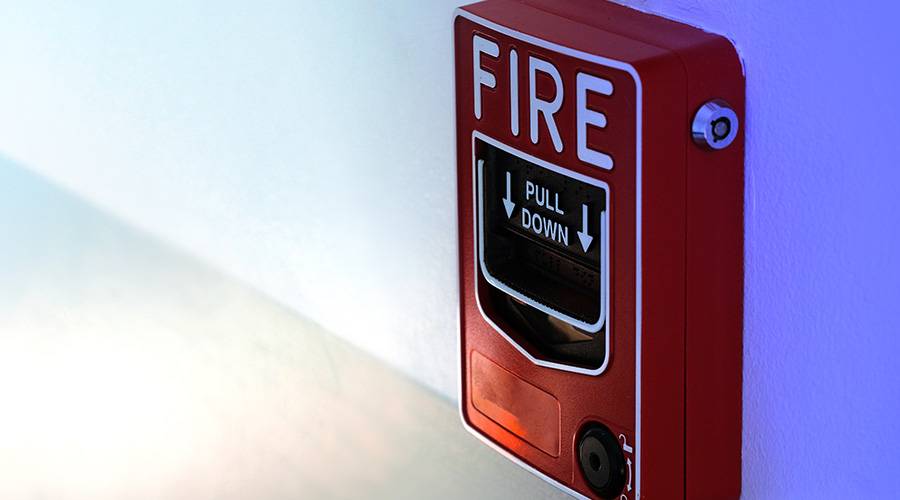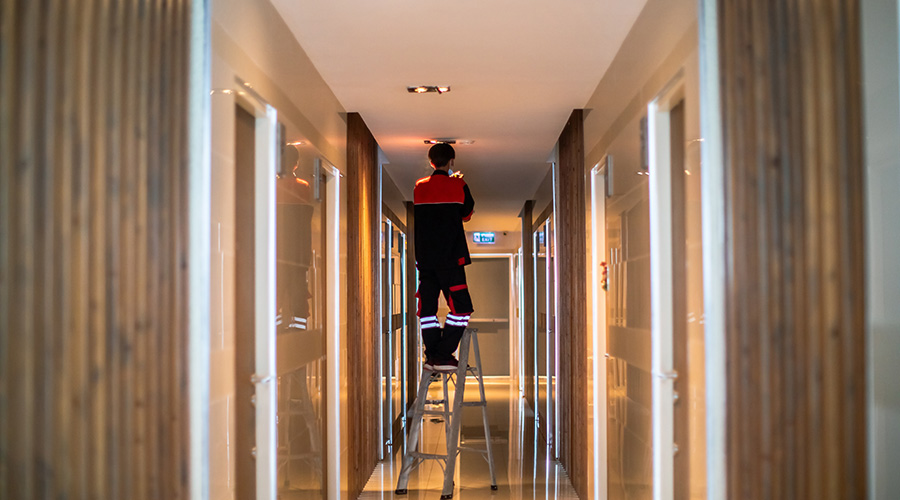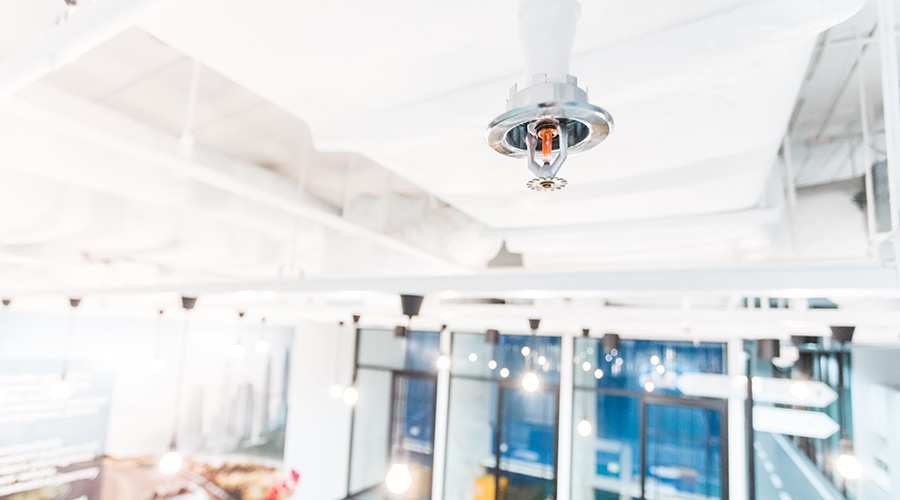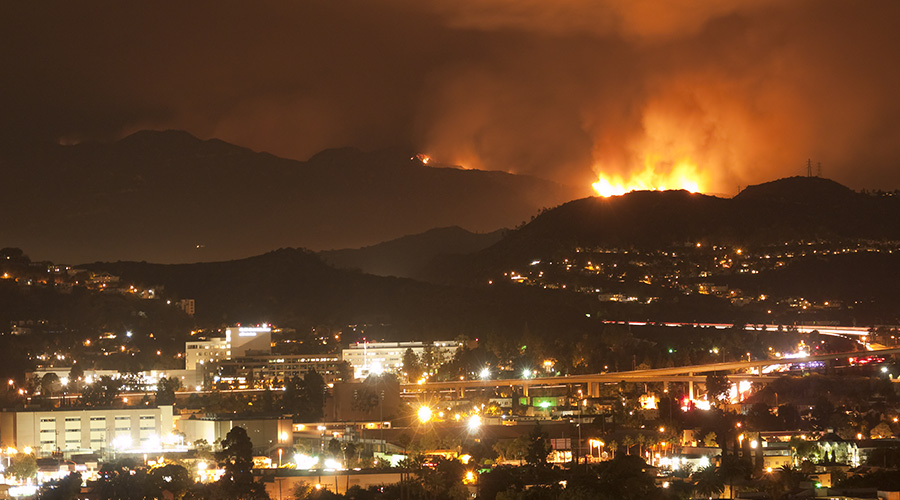Common Questions Regarding Fire Safety ITM
What does NFPA 72 require of facility managers to test and maintain fire systems?
By Wayne D. Moore and Larry D. Rietz, Contributing Writers
In 2022, there were 140,000 fires in non-residential facilities, according to the National Fire Protection Association (NFPA). This was a 12 percent increase over the previous year. These fires resulted in an estimated 150 civilian deaths and an additional 1,400 civilian injuries. In addition, the damage amounted to $4.0 billion in property loss.
Facility, maintenance and engineering managers need to make sure that their facilities’ fire and life safety systems are not just correctly installed, but in working order.
This Q&A series covers questions relating to inspections and testing of fire alarm systems in accordance with NFPA 72.
What is my responsibility under NFPA 72 to test and maintain my system?
Chapter 14 of NFPA 72 is very clear regarding this issue. The property or building or system owner or the owner’s designated representative is responsible for inspection, testing, and maintenance of the system and for alterations or additions to this system.
Are there penalties if I don’t maintain my system?
The fire code and NFPA 72 require a minimum of an annual test of all fire alarm systems. The penalties for noncompliance vary by jurisdiction. Generally, when the fire inspector comes to the building for their annual building fire and life safety inspection, they will ask for the documentation that is required by NFPA 72 and that proves you have tested your fire alarm system. The documentation will also be requested every time you have a false or nuisance alarm, and not having the test documentation may increase the fines levied for the false alarms.
Inspections and maintenance repairs for my fire alarm system are too expensive. What are my options under NFPA 72?
NFPA 72 does not address cost specifically. When inspections and maintenance repairs begin to seem too expensive, it usually means there are numerous problems with an aging system. When the costs to repair become excessive, then the cost to replace the system should be evaluated. It might also be time to consider a change in the vendor providing your system maintenance and inspection to see if another vendor can provide qualified service at a lower cost.
Does the type of fire alarm system installed in accordance with NFPA 72 determine the difficulty in maintenance?
A general rule of thumb for any system (not just fire alarm systems) is that the older the installation or the more complex the system, the more costly it will be to maintain. One caveat to this answer is that upgrading an obsolete fire alarm system to a more current installation generally would reduce the costs to maintain the obsolete system. Another caveat is that, when the existing system is found not to be code compliant, bringing it into compliance will reduce future costs including maintenance costs.
Wayne D. Moore is a licensed professional fire protection engineer with over 45 years of engineering experience. Moore currently serves on the NFPA 72 Correlating Committee and Chapter 24 Technical Committee (past Chair), as well as being an editor of five editions of the “National Fire Alarm Code Handbook.”
Larry D. Rietz, is a NICET Level IV Certified fire alarm designer with more than 29 years of life safety industry experience. Rietz is Vice President and Global Service Line Leader for Fire Detection and Alarm for Jensen Hughes and serves on the NFPA 72 Chapter 24 and 12, 21, & 23 Technical Committees.
Related Topics:






